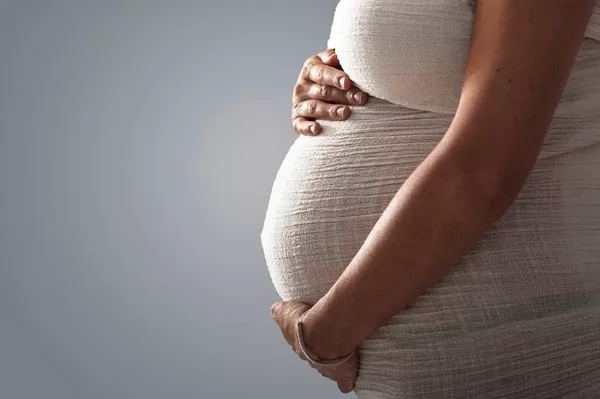Urinary incontinence following childbirth, a prevalent condition among new mothers, has been identified as significantly linked to mental health challenges such as anxiety and depression, according to a recent study.
Dr. David Rahn, co-lead researcher and professor of obstetrics and gynecology at the University of Texas-Southwestern, emphasized the profound impact of urinary incontinence on social interactions and emotional well-being. “If you have bad enough incontinence, you might feel isolated and embarrassed and have difficulty connecting socially,” Rahn noted, underscoring the potential for such issues to exacerbate mental health struggles.
The study, conducted among 419 new mothers enrolled in a post-pregnancy care program in Dallas County, revealed that approximately one in three women developed stress urinary incontinence. This condition involves leakage triggered by sudden movements like coughing or sneezing. Additionally, one in six women experienced urgency urinary incontinence, characterized by leakage due to a sudden urge to urinate, even if the bladder is not full. Researchers also noted that one in nine women reported bothersome urinary symptoms overall.
Contrary to expectations, traditional risk factors such as birth complications or delivering large babies were not found to be correlated with either stress or urgency urinary incontinence. Instead, stress incontinence was associated with higher pre-pregnancy BMI and elevated depression scores, while urgency incontinence correlated with a history of multiple births and heightened anxiety scores.
Published in the journal Urogynecology, the study underscores the need for healthcare providers to integrate inquiries about urinary incontinence and mental health into routine postpartum care. Dr. Sonia Bhandari Randhawa, co-lead researcher and urogynecology fellow at UT Southwestern Medical Center, emphasized the importance of early identification and intervention for these conditions. “Providers should routinely ask about urinary incontinence, depression, and anxiety, ensuring appropriate referrals for treatment that can significantly improve patients’ quality of life,” Randhawa stated in a university news release.
As awareness grows about the dual impact of postpartum urinary incontinence on physical and mental health, the study advocates for comprehensive care strategies that address both aspects effectively.


